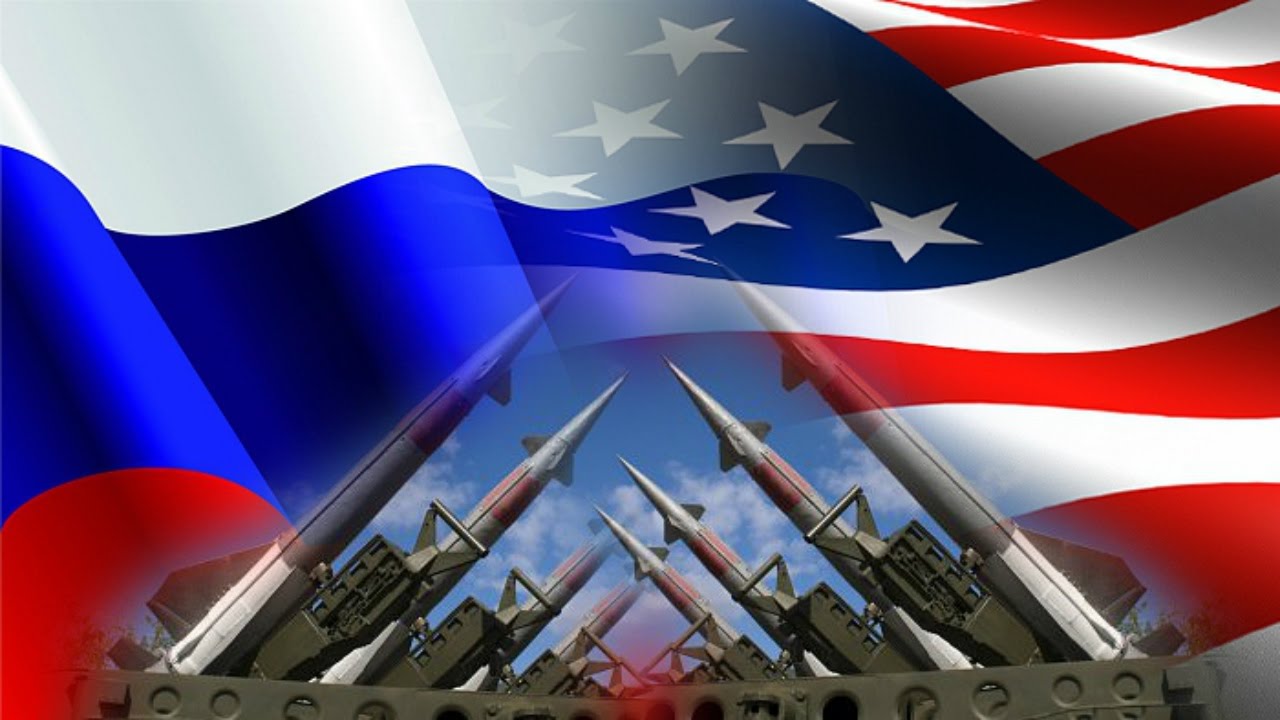The INF Treaty’s collapse requires Minsk to revise its military and regional security policy
 The situation got worse
The situation got worse

The collapse of the trust and arms control system established after the end of the Cold War will require the Belarusian leadership to make significant amendments in its security policy. However, due to the lack of funds, non-military approaches to maintaining regional and national security are likely to be prioritized.
On August 2nd, 2019, the United States formally withdrew from the Treaty Between the United States of America and the Union of Soviet Socialist Republics on the Elimination of Their Intermediate-Range and Shorter-Range Missiles (the INF Treaty), signed in Washington on August 12th, 1987, which terminated it. The USSR’s successors in the treaty were Belarus, Kazakhstan, Russia and Ukraine. Washington and Moscow blame each other for the INF Treaty collapse. Whoever is guilty, the termination of a major treaty on arms elimination will have a dramatic impact on military security in Eastern Europe in the long-term, although neither Russia nor the United States currently intends to deploy such weapons.
The chances that Russia and the United States conclude a new missile agreement are down to zero due to a principal disagreement between the sides. Moreover, neither party has demonstrated the intention to conclude a new treaty, rather prepare for a possible confrontation. Moscow already has weapons prohibited under the INF Treaty and Washington will soon have at least two types of such missiles, which could be deployed in Europe.
Minsk, being Russia’s formal military ally, has become even more dependent on Moscow’s actions in the region. Should a ‘missile race’ start, the West will treat Belarus as a potential threat. That said, the Belarusian authorities’ ability to prove their independence in security matters will only gain importance.
Minsk is likely to step up efforts to reduce its dependence on the Russian defence industry in acquiring important weapons, through both, developing domestic military production and importing from third states. However, due to limited funds, the Belarusian leadership is more likely to focus on political and diplomatic lobbying: further promoting their past initiatives aimed at creating a new system of trust and security in the region and putting forward new similar initiatives.
Subscribe to our newsletter




Situation in Belarus
Constitutional referendum: main consequences


 Video
Video
How to count the political prisoners: are the new criteria needed?


 Video
Video
Paternalism In Decline, Belarusian Euroscepticism, And The Influence Of Russia


 Video
Video












